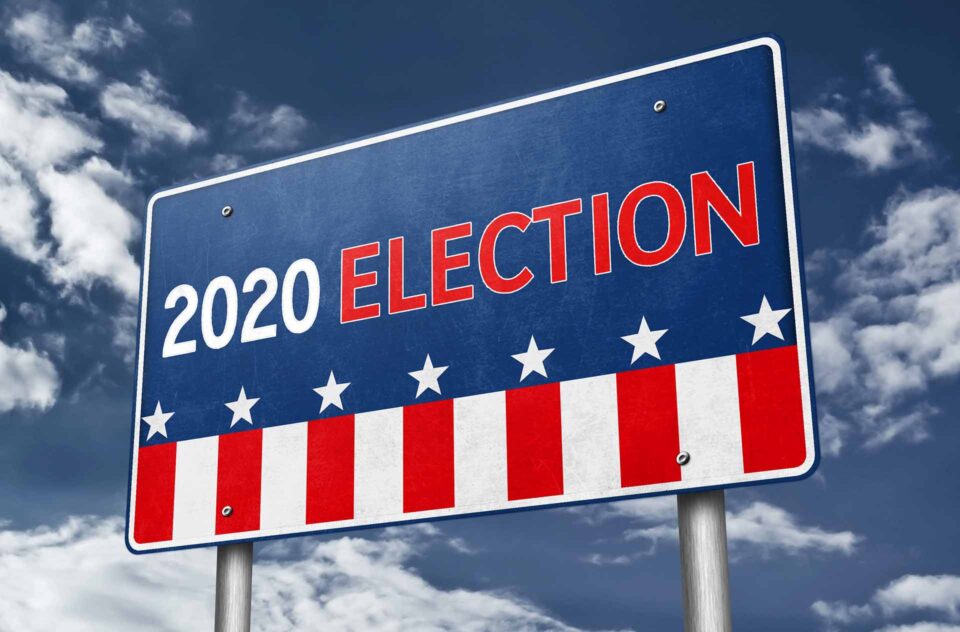There is more than one way to skin a cat, it seems.
I have previously pointed out the craziness of the epistemic standard that is being deployed against Donald Trump in the election-interference cases. The epistemic standard in question is the belief, or more precisely the assumption, universally shared by Trump’s opponents, that it’s unreasonable to believe that the 2020 election was stolen. Here’s an innocuous-seeming but flagrantly question-begging recent example from The Bulwark: “The widespread conspiracy to overthrow the 2020 election, depicted in both the federal Washington, D.C. indictment and the Fulton County, Georgia indictment, was an attack on the foundations of the republic.”
This is to assume what must be proved. What must be proved, in order for the anti-Trump unreasonableness postulate to be justified (i.e., that it’s unreasonable to believe the 2020 election was stolen), is the assumption that the election clearly was not stolen. This assumption is inherent in the anti-Trump unreasonableness postulate. That postulate is not merely pervasive but universal among Trump’s enemies, including among some members of the Federalist Society. The problem is that it can’t just be assumed but must be proved (in that it must at least be cogently argued for), if one is to justify the belief/assumption that it’s unreasonable — as opposed to mistaken albeit reasonable — to believe that the election was stolen.
I happen to think it’s not mistaken to believe that the election was stolen, but the point here is the further one that it’s not unreasonable to believe that. Whether the belief that the election was stolen is mistaken or not is a whole different issue. It is, of course, the issue we should be addressing, and which we would be able to fairly address were it not for the question-begging “Big Lie” narrative, which shuts down a proper debate.

Please think about donating below.


